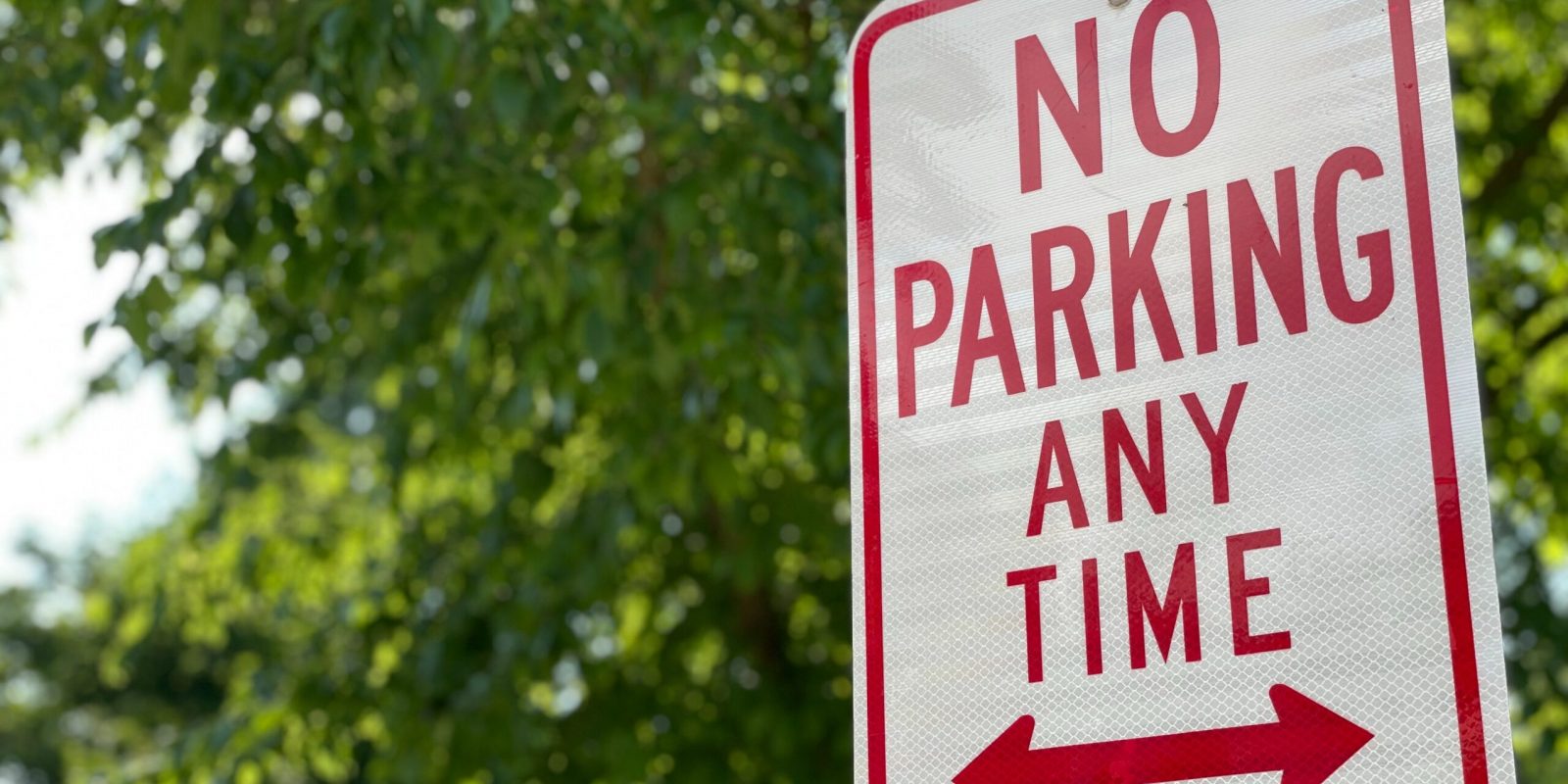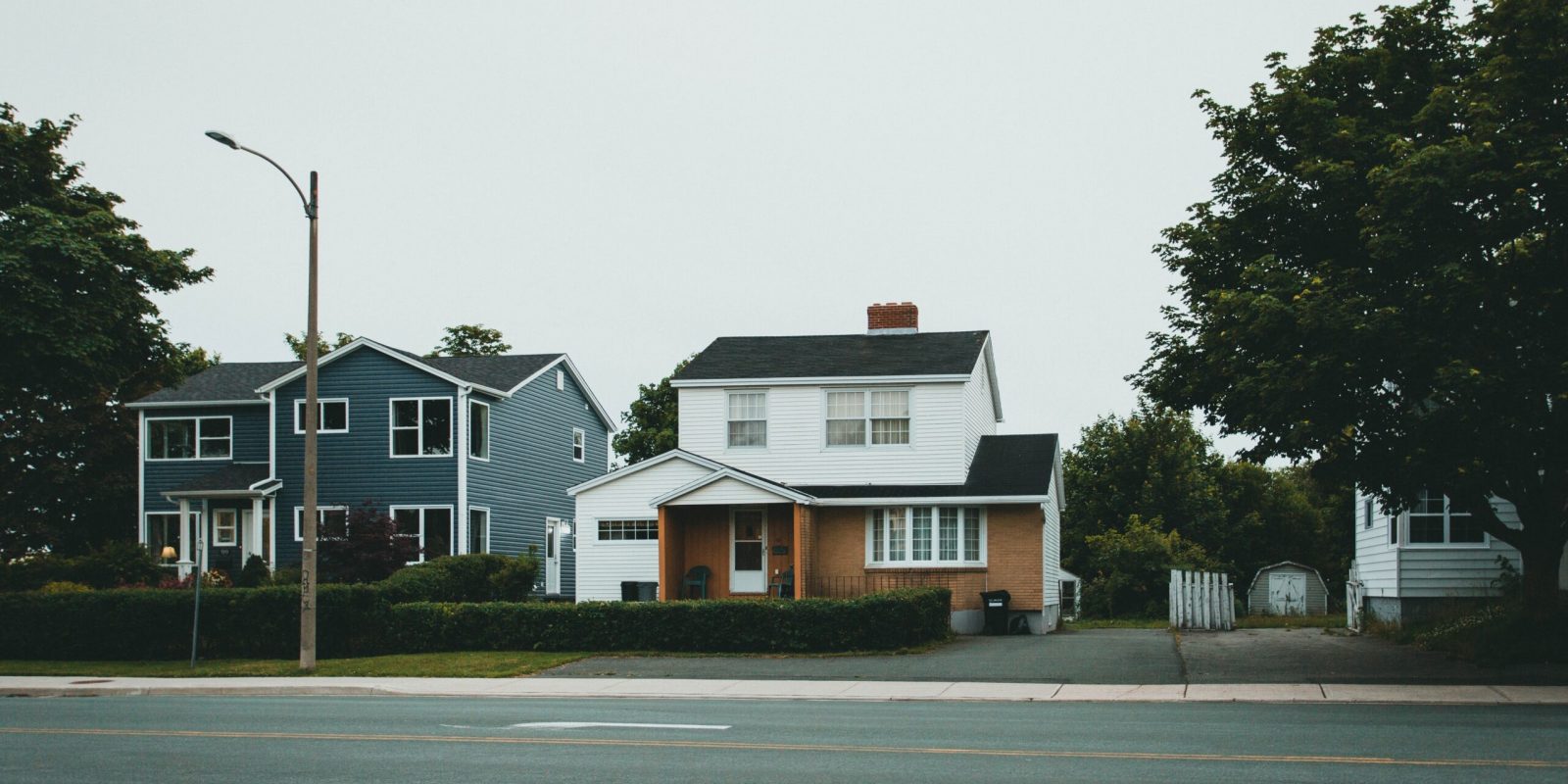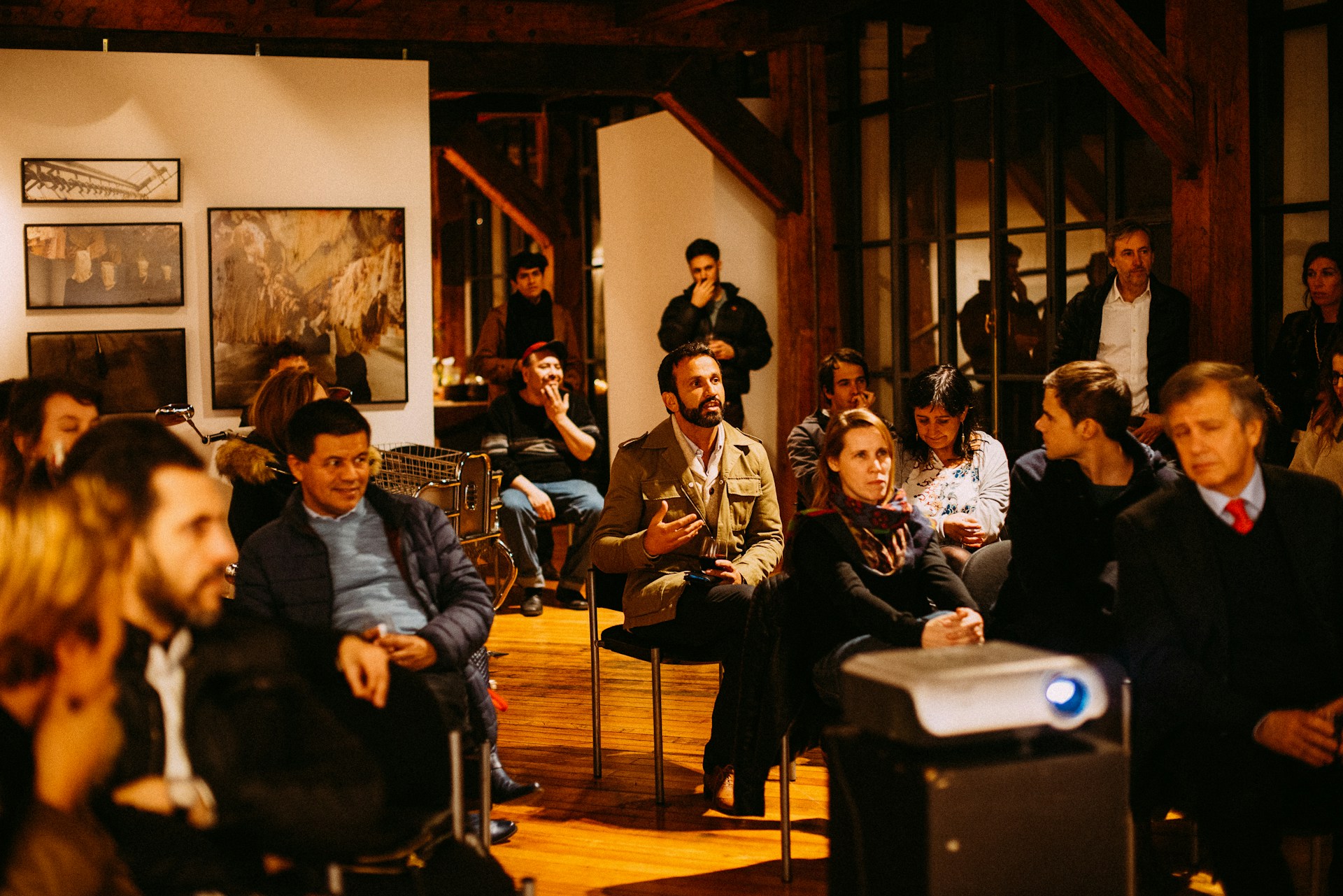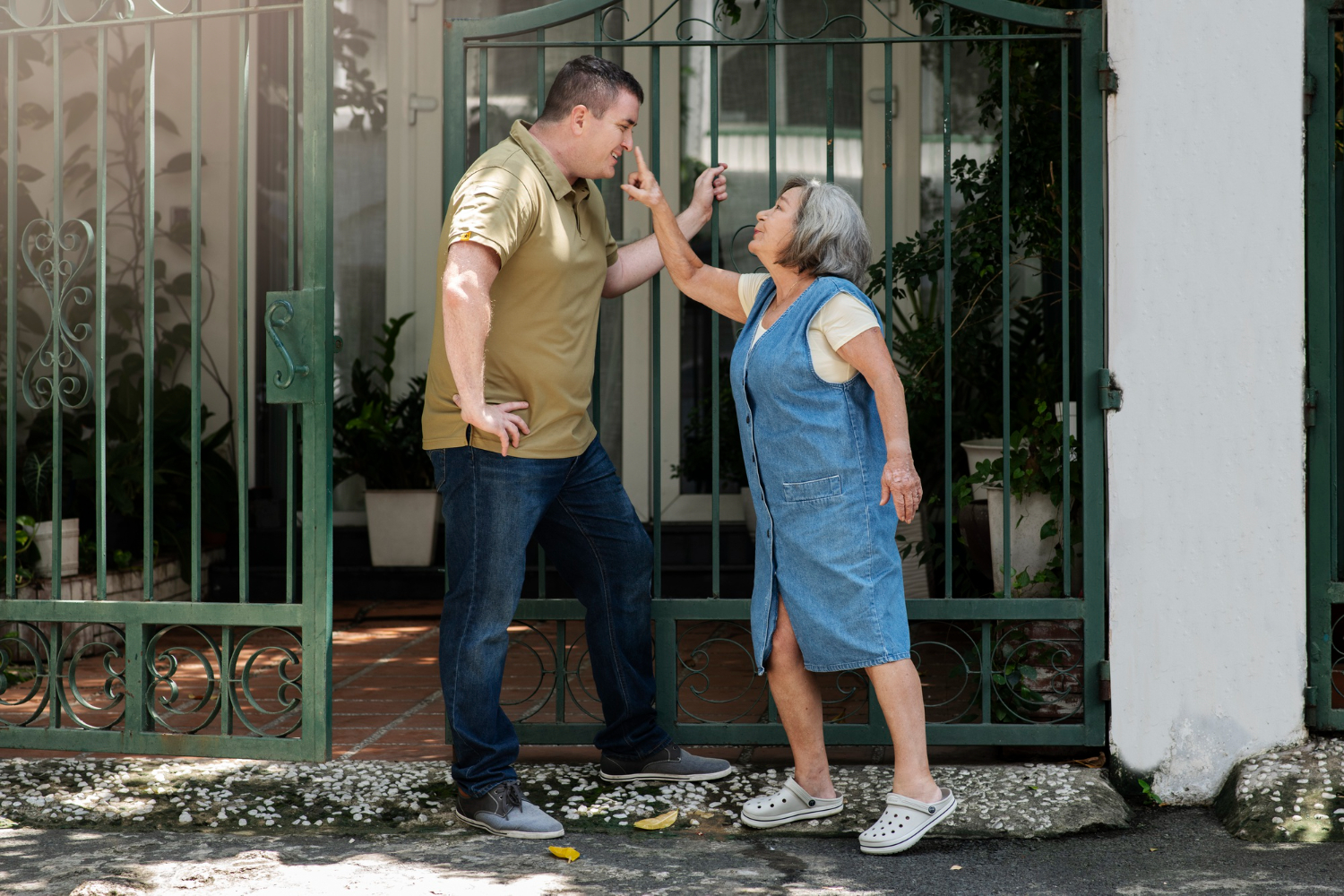Everyone has rules we’re required to follow, whether it’s rules at work or laws we are all bound by. And unfortunately fees are par for the course at times too. If you’re a homeowner in a Homeowner’s Association (HOA), they have their own set of rules and fees you’ll need to contend with. It’s important to know what happens if you violate HOA rules or can’t pay your HOA fees. In this post, we’ll discuss the consequences of violating HOA rules and what happens if you can’t afford to pay your HOA fees.
HOA Rules
Homeowners Association (HOA) rules are the regulations that govern a community of homeowners, typically living in a residential neighborhood. These rules vary from region to region and community to community; however, they generally include restrictions on landscaping and exterior home improvements, noise levels, parking, pet and animal regulations, trash disposal, and other such issues.
CC&Rs
Homeowners Association (HOA) rules are also known as Covenants, Conditions and Restrictions (CC&Rs). CC&Rs are essentially a contractual agreement between a homeowner and their HOA which outlines all of the rules and regulations that must be followed.
Property maintenance is a key component of HOA CC&Rs. This aspect of the CC&Rs often covers lawn care, landscaping, painting, roofing and other exterior modifications. Property maintenance CC&R helps ensure that all homes in the community remain in good condition.
Home decor CC&R are a set of regulations that HOA communities often impose to set standards of aesthetics and upkeep. These regulations typically relate to the exterior design of homes in a neighborhood, including the outdoor landscaping, house painting, roofing materials, and other exterior modifications.
Pet CC&Rs are an important part. These set out the rules for pet ownership and can cover a wide range of topics, including types of pets allowed in the community, leash laws, pet waste disposal and noise regulations.
Parking CC&Rs govern the parking and storage of vehicles in HOA communities. These rules typically include restrictions on where vehicles can be parked, such as driveways, backyards and other common areas, as well as how long they can be stored in these areas. The rules may also cover what types of vehicles can be stored on the property, such as recreational vehicles (RVs), boats, trailers or cars. In addition to outlining what types of vehicles and where they can be parked, parking CC&Rs also often include details about how many cars each homeowner is allowed to park at their home. This helps prevent overcrowding and maintains consistent aesthetics throughout the community.
Garbage/Unsightly Items CC&Rs are regulations that set out the rules for disposing of unsightly items such as furniture and yard waste, as well as ensuring that trash cans are kept in designated areas.
The HOA rules that are most commonly broken include:
- Landscaping – Property owners often fail to keep up with these requirements, which can lead to an unkempt appearance and a decrease in property values for the entire HOA.
- Vehicle regulations – Restrictions on where vehicles can be parked, such as driveways, backyards and other common areas, as well as how long they can be stored in these areas, etc.
- Short term rentals – These rules often dictate how long visitors can stay in a property, as well as how many visitors can be present at any given time.
- Garbage/unsightly items – Rules for disposing of unsightly items such as furniture and yard waste, as well as ensuring that trash cans are kept in designated areas.
- Holiday décor – Rules may include you can’t put up anything outside of your house, you can only use approved colors, all decorations must be removed by the end of January, and no lights or inflatables.
Broken HOA Rules
When a homeowner violates HOA rules, the Homeowners Association may take several different steps in order to enforce community regulations and collect unpaid fees. Common actions taken by HOAs after a rule violation include: issuing fines, forced compliance, suspending certain privileges from homeowners, placing liens on properties, and even taking legal action such as lawsuits or foreclosure.
Fines – Fines for rule violations can vary depending on the severity of the offense and the terms outlined in the Homeowners Association’s CC&Rs. Fine amounts generally start around $25 but can go up to $200 depending on violation, whether the homeowner continues to violate the rule(s), and the severity of the violation. Fines are typically implemented as a way to help enforce HOA rules and encourage homeowners to comply with regulations.
Forced compliance – The HOA will attempt to resolve the problem themselves first before bringing in other parties. This may include forced compliance, such as the HOA resolving the violation on their property and then adding the bill to what the homeowner may already owe.
Suspended privileges – Depending on the rule violation, the HOA may suspend the homeowners’ privileges to use the common areas.
Lien – A lien is essentially a legal claim against an asset which allows them to collect on any proceeds from its sale should it come to that.
Lawsuit – In some cases things will escalate and the HOA may decide to take legal action in order to enforce community regulations and collect unpaid fees. This is typically done through a lawsuit from the HOA.
Foreclosure – When all previous attempts of resolution are unsuccessful the HOA may take further drastic measures such as foreclosure. Foreclosure is a legal process that allows the HOA to force the sale of a home in order to recoup any unpaid dues or fines owed by the offending homeowner.
This previous blog post explains more in depth of what steps follow HOA rule violations and fines, as well as the homeowner’s rights.
HOA Fees
HOA fees are periodic charges paid by homeowners in order to cover the costs of maintaining a home within a homeowners association. HOA fees are typically predetermined according to the size of the home, its lot size, and other factors specific to the local area.
Special Assessments
HOA special assessments are additional fees that may be levied by the HOA as needed to cover unexpected costs or expenses.
Unpaid Fees
When a homeowner fails to pay their fees, the HOA has the right to take legal action in order to collect on that debt. The actions taken in such cases will typically depend on the amount of money owed, how long it has been unpaid, and other factors specific to that individual homeowner.
Notice – The first step that may be taken when a homeowner is delinquent on their HOA payments is for the association to send a notice or letter outlining the outstanding balance and detailing any late fees or interest charges associated with it.
Interest/late fees – When a homeowner fails to pay their HOA fees, the Homeowners Association (HOA) may charge interest and late fees as they are legally entitled to do.
Landlord fees – Renters can sometimes be subject to their landlord’s late fees if the landlord is delinquent in making payments to their HOA. This is because the HOA can place a lien against a rental property just as they would any other asset owned by a homeowner.
Access blocked – When a homeowner fails to pay their fees, the HOA may take additional steps to ensure that their dues are paid. One of these measures includes blocking access to common facilities.
Collections – In extreme cases, unpaid HOA dues or fines can end up going into collections if the homeowner is unable to pay them off within a certain period of time.
Lien – If after this initial warning period the dues are still not paid then the HOA may choose to place a lien against the property. A lien is essentially a legal claim against an asset which allows them to collect on any proceeds from its sale should it come to that. This type of arrangement gives them precedence over any other creditors and limits what can be done with the property until all of its debts have been paid off.
Foreclosure – In extreme cases where all else fails, HOAs may even choose to initiate foreclosure proceedings against homeowners who have failed to comply with their obligations. Foreclosure is also a last resort sometimes in HOA rule(s) violation situations. In the case of foreclosure, there are two types: judicial and non judicial.
- Judicial Foreclosure – Judicial foreclosure is a legal process initiated by the HOA whereby they take back ownership of the house in order to recoup any losses due to nonpayment.
- Nonjudicial Foreclosure – Nonjudicial foreclosure is an alternative to judicial foreclosure. This type of foreclosure does not involve a court case, but instead the HOA will generally use a third-party, such as an attorney or a company who specializes in nonjudicial foreclosures, to take back ownership of the property.
Final Thoughts
Short version? Breaking an HOA rule or failing to make an HOA payment is something a homeowner wants to avoid at all costs. While there are fixable consequences it can still become a lengthy and expensive process and may have long term effects.
Interested in learning more about how HOA’s operate? Or maybe you’re an upcoming HOA or HOA board member looking to streamline how you manage your community. Check out our blog for tips, tricks, and in-depth conversations about how to improve your HOA and how to navigate any sticky situations.
